As the UK’s technical authority on nuclear fission, we know it is our responsibility to look continually to the future of nuclear science and technology.
Our Science and Technology Agenda is designed to ensure the UK has what it needs to underpin new and existing nuclear clean energy technologies, such as advanced reactors and hydrogen production. But it is also about breaking new ground and unlocking advancements across other parts of our lives and communities – keeping us at the cutting edge of science.
It is defined by three key pillars – Core Science, Innovation and Strategic Research – all of which are underpinned by Collaboration.
This work is already delivering ambitious, world-class outcomes for the UK and helping to drive international advancements in nuclear science and technology. You can read more about its progress below.
NuClear Science: Case Studies 2023-24
In this series, we’ve highlighted the excellent contributions of the NNL fellows to technical communities. These include two innovation projects that support decontamination and fuel inspection, two strategic research efforts which involve collaboration with the European Commission and publication of a special edition of a journal, and the materials performance core science theme.

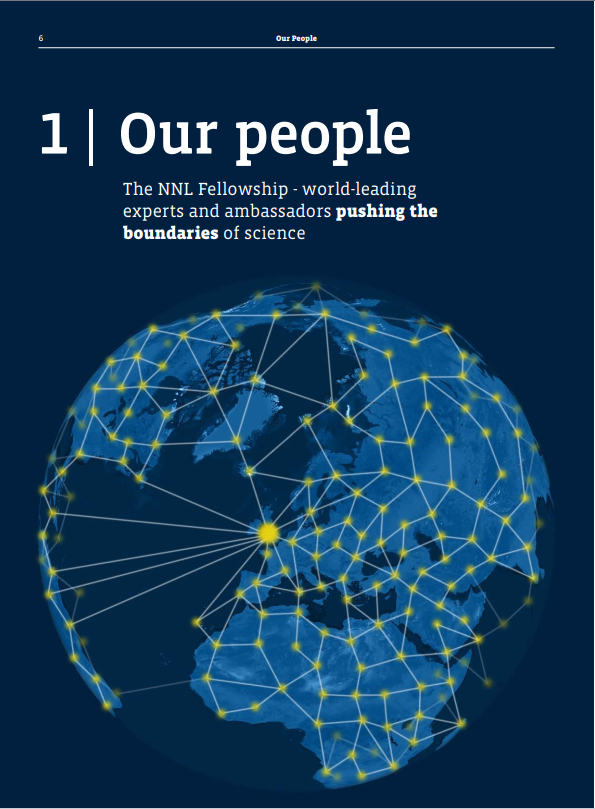
1. Our people.
The NNL Fellowship – world-leading experts and ambassadors pushing the boundaries of science.
Science and technology is the beating heart of NNL and it’s our world-leading scientists who continue to drive forward advances with their expertise and innovative thinking. NNL’s Fellows are subject matter experts who promote technical excellence and help shape national and international policy for a clean, sustainable nuclear future, by sharing information with other experts and building collaborations with real impact.
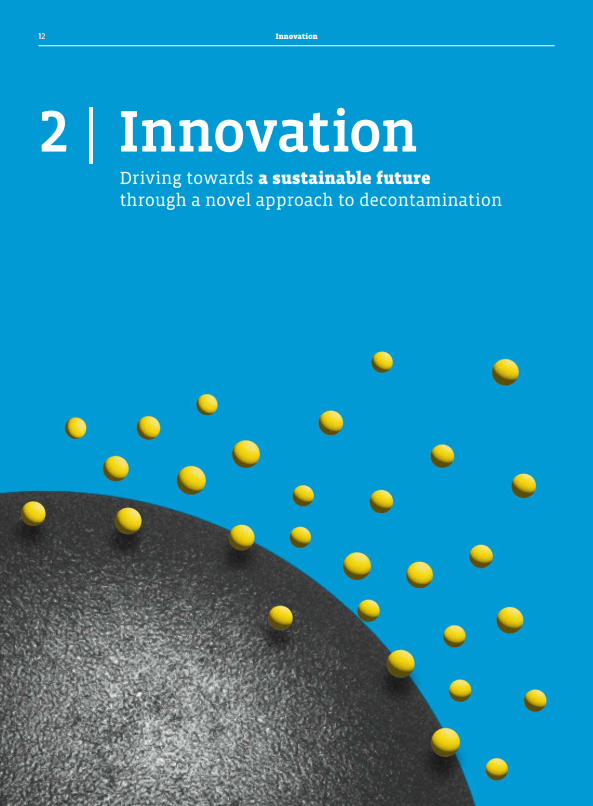
2. Innovation
Driving towards a sustainable future through a novel approach to decontamination.
NNL has worked with C-Tech Innovation and Sellafield Limited to develop a novel, cost-effective way of removing the corrosion-resistant surface layer of metal components for quick and easy decontamination during decommissioning. These high-value items can be returned to the supply chain in a circular economy, reducing both costs and environmental impact.
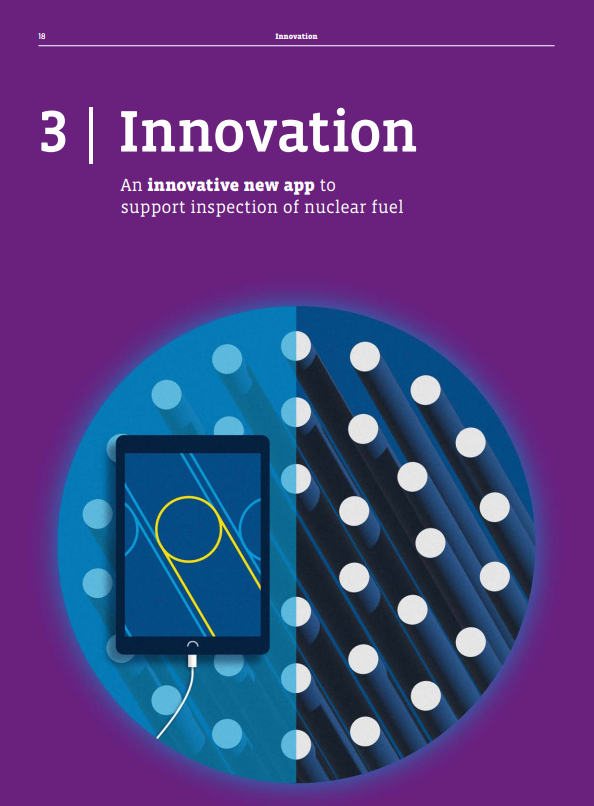
3. Innovation
An innovative new app to support inspection of nuclear fuel.
Inspection of nuclear fuel stored underwater in engineered ponds is vital for ensuring safe operations on reactor sites. NNL’s endoscopy team has collaborated with Cumbrian-based SME Mobetrics to develop the DEPEND app, which digitises and streamlines the labour-intensive task of recording and processing inspection data.
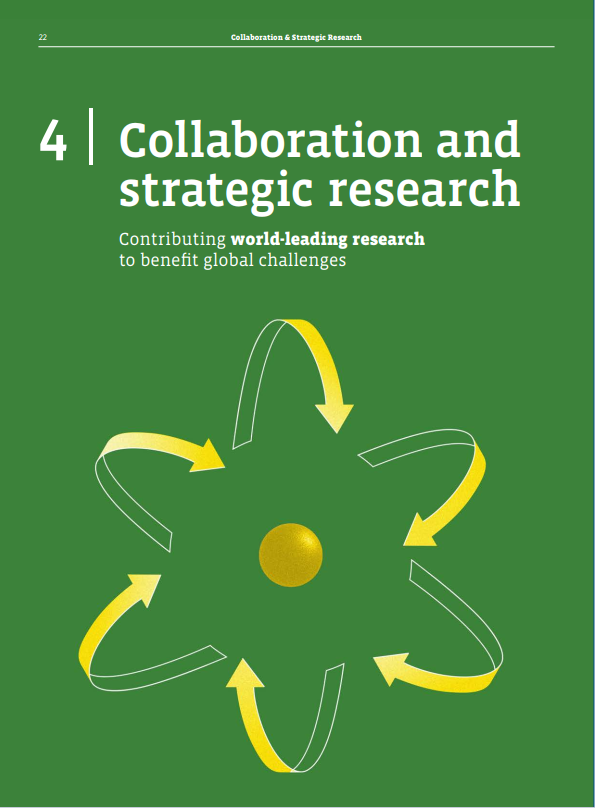
4. Collaboration and strategic research
Contributing world-leading research to benefit global challenges
NNL researchers led on four articles in a special edition of the Progress in Nuclear Energy journal, covering the Recycle theme of the UK government’s Advanced Fuel Cycle Programme. Some of the articles involved research collaboration with UK universities such as The University of Manchester, Lancaster University and University College London
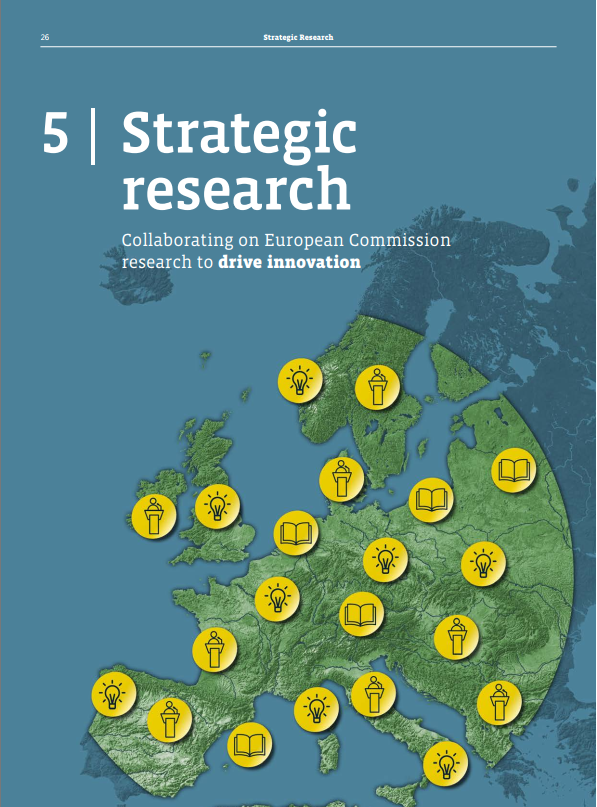
5. Strategic research
Collaborating on European Commission research to drive innovation
NNL has participated in over 100 European Commission-funded programmes spanning all aspects of the nuclear fuel cycle. These collaborations, including the Euratom-funded PREDIS, bring specialist skills and knowledge to the UK, help safeguard the skills of a British workforce and position our researchers as subject matter experts.
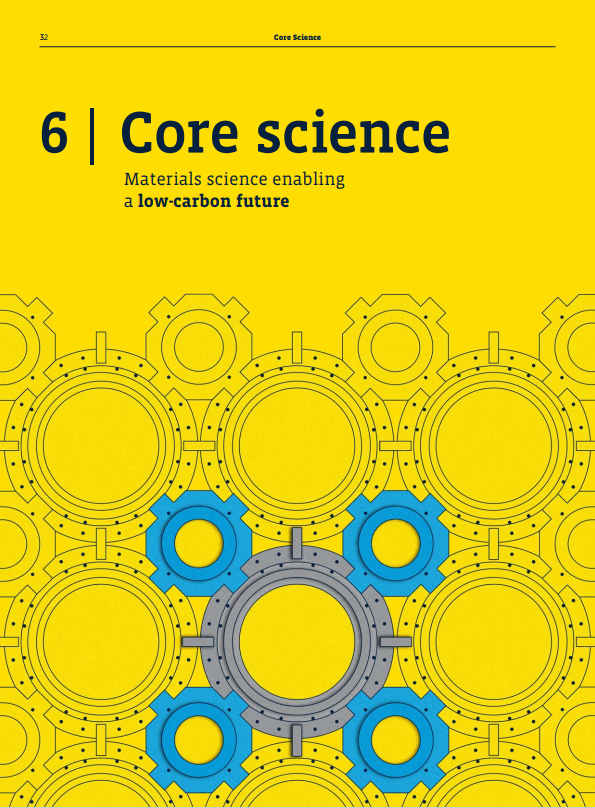
6. Core science
Materials science enabling a low-carbon future.
Many of the reactors contributing to the UK’s low-carbon energy mix are operating well beyond their original design lifetimes because of improvements in our understanding of how materials change during service. New reactors are being designed to operate for longer, which means that components could need to withstand more severe conditions. NNL has pioneered materials testing methods and collaborated on several European projects featuring in-depth materials research to support the advanced reactors which will supply the UK with clean, safe power for generations to come.
